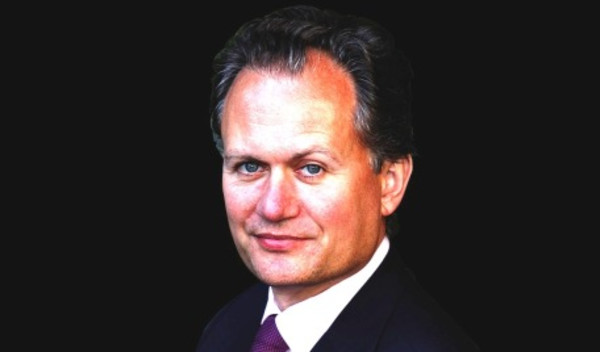

The chief executive of Merian Global Investors said there were problems with the structure of the Eurozone because the single currency has differing impacts on each of the constituent economies of the Eurozone.
The problem, as Mr Buxton saw it, was that the Euro has a much lower value than a German currency would be, based on that country's economic fundamentals, but much more strongly valued than an Italian or Greek currency.
This makes German exports relatively less expensive than those of Italy or Greece, while the monetary policies pursued by the European Central Bank (ECB) mean countries are restricted in terms of how much of a budget deficit they are permitted to run, which restricts government’s ability to stimulate domestic economic demand to make up for the loss in export markets.
The outcome of those scenarios is that many Eurozone economies grow at a persistently slower pace.
Mr Buxton said that unless Germany was willing to "use its credit rating" to boost the borrowing capacity of the Eurozone as a whole, the economic bloc was doomed. He said: "But I don’t think it will happen during my investment career, or most people working today’s investment career.
He runs the £2bn Merian Global Investors UK Alpha fund and is chief executive of Merian, which runs a wide range of funds, including a European smaller companies fund.
Mr Buxton recently told FTAdviser that one of the areas he was exploring for the expansion of the product range for his business was a European large cap fund.
Stephen Yiu, who runs the Blue Whale Global Growth described the Eurozone as "toxic mess" and said: "The current framework of monetary union without fiscal union together with nation state democracies is completely unsustainable and those in power seem extremely unwilling to enact significant reform.
"Italy is just the latest chapter in a saga where a permanent solution is difficult to envisage. Mario Draghi gave the region some breathing space in 2015 through the ECB QE programme but the EU have largely squandered this and the ability to act in a similar manner again is now greatly diminished.
"The EU institutions are world-class 'can kickers' so they may be able to fudge their way along for now, but the bloc remains extremely fragile."
Sam Morse, who runs the £1.1bn Fidelity European Values Investment Trust believes a cautious approach to investing in European shares is warranted.
He said: "I started to have a more cautious approach to investing since the 1990s, when I began to ponder the downside risk to an investment much more.
"With Europe, you have the fact that Eurozone companies earn about 30 per cent of profits and sales from emerging markets, and only 10 per cent from the US.
"What we are seeing in the Eurozone right now is that imput costs have gone up, so while sales have been as expected, profits have been much worse because of higher wages and higher raw materials cost."
Mr Morse added that it is "prudent" to prepare for a downturn in the next three to five years.
david.thorpe@ft.com



